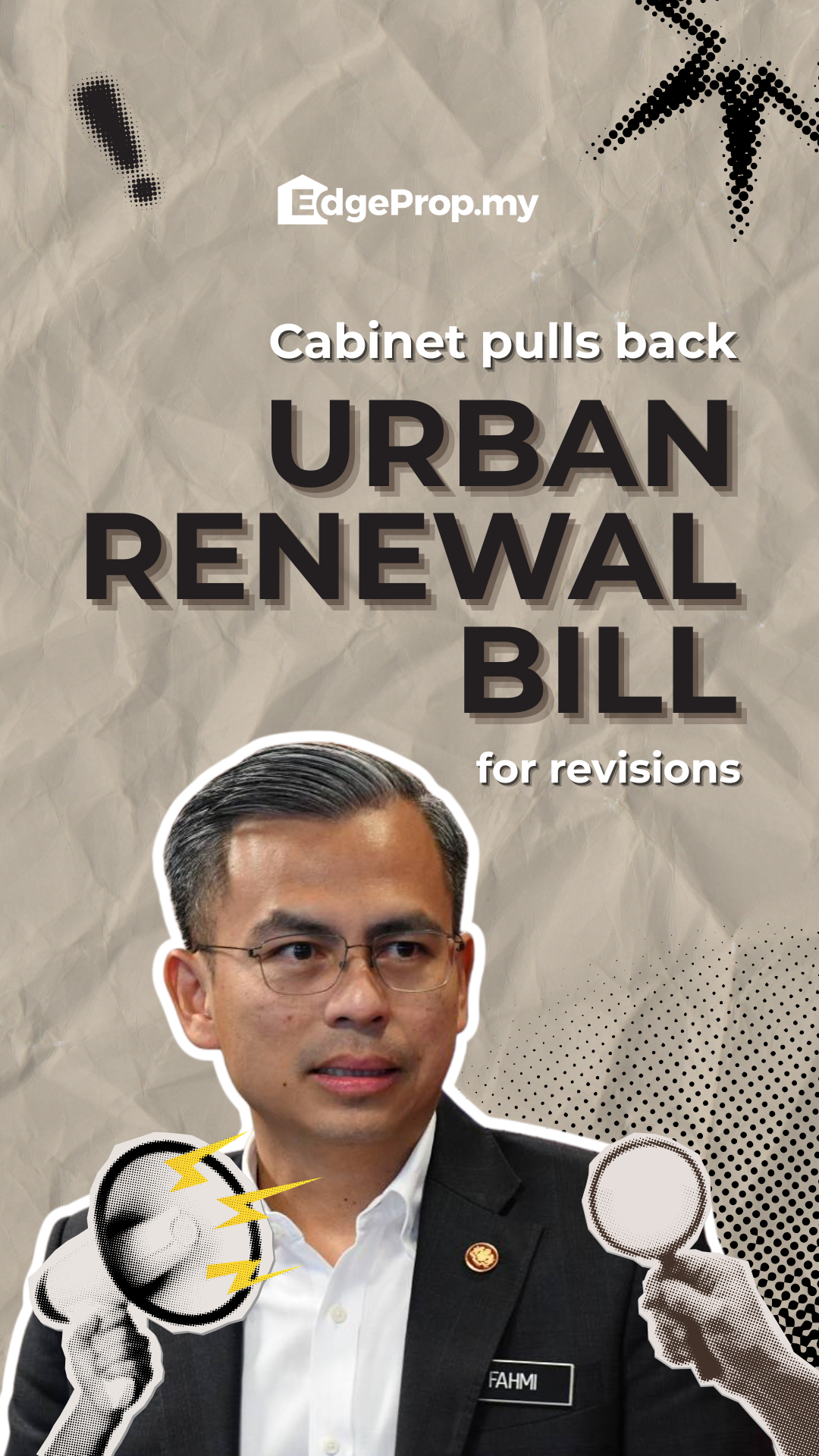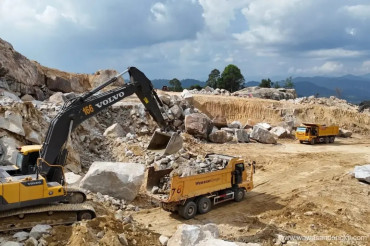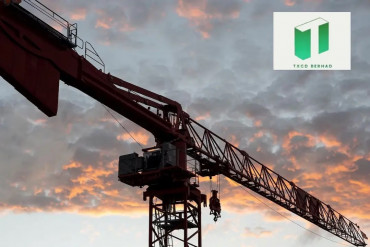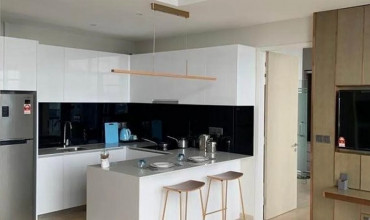ADVERTISEMENT
All Property News
Stay updated with the latest real estate and finance news, including property market trends, housing insights, and valuable information.

Wawasan Dengkil bags RM24.8 mil road and landscape job from Gamuda unit
18 hours ago

Gamuda Land reaffirms Malaysia focus, highlights 'Money Mari Home' initiative
18 hours ago

Tropicana Foundation and VitaHealth deliver CNY cheer to two elderly homes
19 hours ago

KIP REIT to fund RM160 mil Kinta City Mall expansion, securing 25-year lease with AEON
20 hours ago

High Court orders KSK Land to pay RM102m to GDB unit over 8 Conlay works
Yesterday

Dewan Rakyat passes JB-Singapore RTS Link Bill 2026
Yesterday
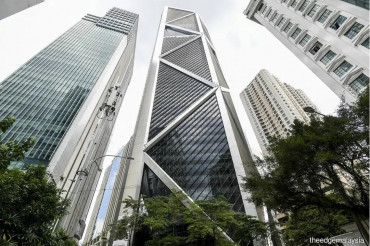
Legally Speaking
Govt seeks to forfeit funds in Ilham Tower, individual accounts linked to Daim case

Guide to Homebuying
Find the best location for your home

Legally Speaking
KL High Court rules developer’s ‘contra arrangements’ with landowner invalid in K Residence condo case; Duta Yap’s son held personally liable
Trending narratives
Malaysia's Most
Loved Property App
The only property app you need. More than 200,000 sale/rent listings and daily property news.




















